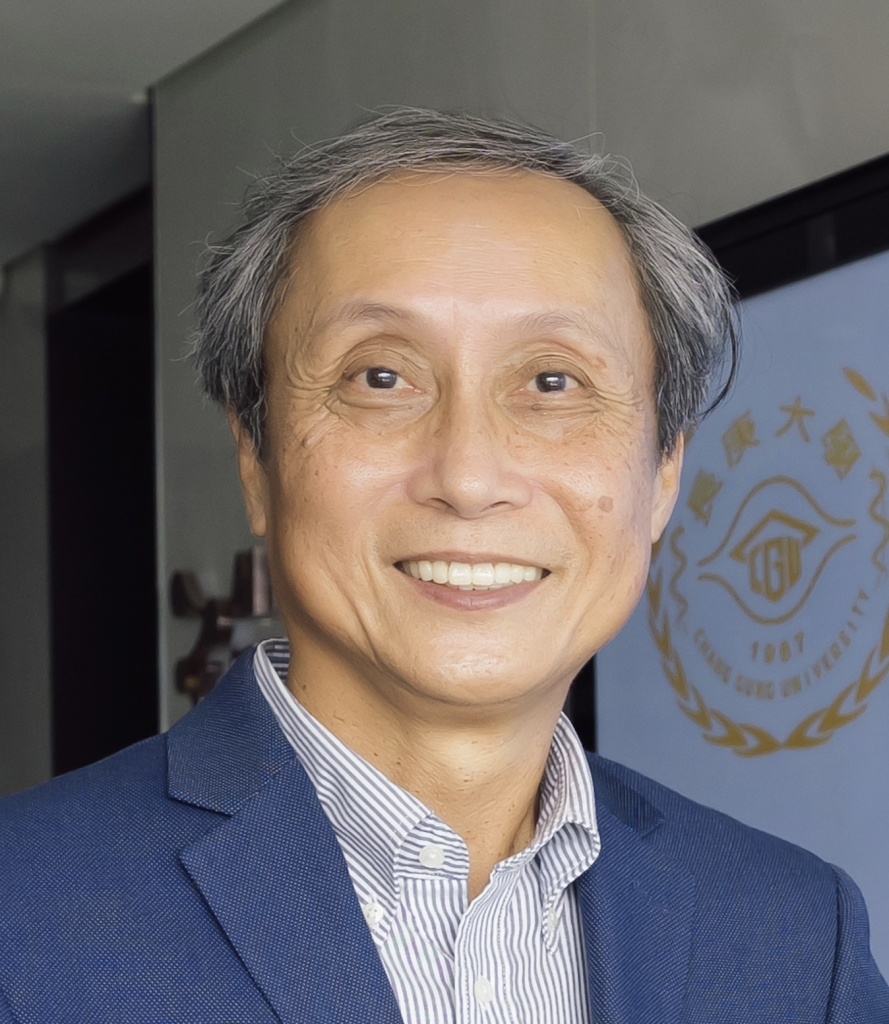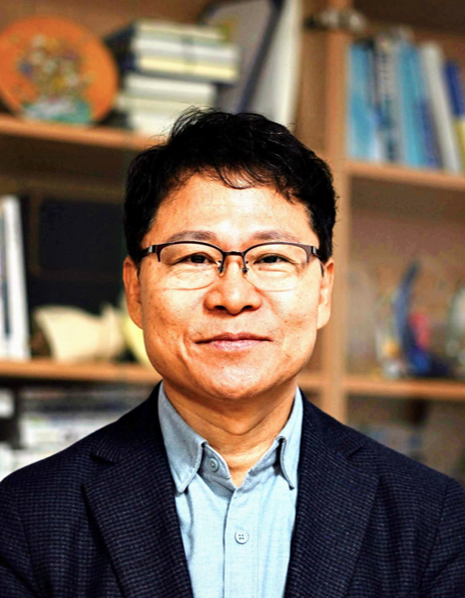Keynote 1
Towards Building a Medical Foundation Model Using Self-Supervised Learning Techniques
Kwei-Jay Lin, Ph.D.
Chair Professor, College of Intelligent Computing & Director, AI Research Center, Chang-Gung University, Taiwan, Fellow, IEEE, and Professor Emeritus, University of California, Irvine, USA.

Abstract:
AI has changed how we live and work in the past decades. AI is also coming to the medical field even with its extremely high standard of quality and accountability. Among factors that make AI so successful now, including big hardware, large model, and big data, AI research in medicine has the most challenge on finding a large volume of high-quality medical data. The problem is that human cost required to label or annotate high quality medical data from raw data is much more expensive due to the scarcity and time demand on domain experts in each medical field. In this talk, we share our approaches and experiences on using powerful AI technologies such as self-supervised learning, fine tuning, and multi-modality learning to meet the challenge.
About the speaker:
Kwei-Jay Lin is a Chair Professor in the Department of Artificial Intelligence and Director of the AI Research Center at the Chang Gung University (CGU), Taoyuan, Taiwan. He was the Founding Dean, CGU College of Intelligent Computing during 2022-2024. He is an IEEE Fellow and a Professor Emeritus in the EECS Department at the University of California, Irvine. He is a Visiting Professor at the National Taiwan University and National Tsing Hua University, Zhejiang University, and Nagoya Institute of Technology in Japan.
Prof. Lin received the MS and PhD degrees in Computer Science from the University of Maryland, College Park, USA. He is Editor-In-Chief of the Springer Journal on Service-Oriented Computing and Applications (SOCA). He was an Associate Editor of IEEE Transactions on Parallel and Distributed Systems, and an Associate Editor of IEEE Transactions on Computers. He has served on many international conferences as conference and program chairs. His research interest includes machine learning theory, computer vision, medical AI, IoT middleware, service-oriented computing, real-time systems, and distributed computing.
Keynote 2
Greenhouse Detection and Energy Demand Modeling Using Aerial Imagery and AI
Yung-Cheol Byun, Ph.D.
Professor, Jeju National University, Korea

Abstract:
Achieving 100% renewable energy (RE100) critically depends on addressing the issue of electricity curtailment. Instead of halting renewable energy generation during periods of surplus electricity, the excess power should be utilized to produce green hydrogen, which can subsequently serve as an energy source for agricultural facilities, such as greenhouses, during electricity shortages.
This study proposes a method for accurately detecting greenhouses and modeling their energy demand using aerial imagery combined with Vision Transformers (ViT). While previous research primarily focused on general object detection and land classification, this study aims for precise detection of small-scale energy-consuming structures, like greenhouses, to enhance the accuracy of energy demand predictions. To achieve this, the study compares the performance of Open-World Localization Vision Transformer (OWL-ViT) and YOLO models, subsequently employing the Segment Anything Model (SAM) for detailed area segmentation. This segmentation accurately identifies the area of energy-consuming structures, and together with regional climate data, facilitates predictions of green hydrogen consumption.
Ultimately, this research implements a precise energy demand prediction model based on aerial and satellite imagery, enabling effective estimation of hydrogen energy demand specifically for greenhouse operations in agriculture. By significantly improving detection accuracy over existing methods, the proposed approach provides practical strategies for transitioning to renewable energy, allowing the produced green hydrogen to be effectively utilized across various sectors, including agriculture.
About the speaker:
Professor Yung-Cheol Byun is a full professor in the Department of Computer Engineering at Jeju National University. His main research interests include Artificial Intelligence, Machine Learning, Pattern Recognition, Blockchain and Deep Learning-based Applications, Big Data and Knowledge Discovery, Time Series Data Analysis and Prediction, Intelligent Agents, Medical Applications, Recommendation Systems, AI-based Distributed Energy, Green Hydrogen, and AI. He currently leads the Machine Learning Laboratory within the department and has published over 200 SCIE-indexed journal papers.
From 2012 to 2014, he conducted research as a visiting professor at the University of Florida. He currently serves as the Director of the Information Science Technology Institute, the Head of the Jeju Industry-Academia Convergence District Project, the Director of the Venture Startup Academy Center, and the Head of the RIS Office for High-Intelligent Service. He has also served as the Director of the Advanced Science and Technology Research Center and as an outside director of Jeju Bank. He is actively involved in various academic societies including the Korean Institute of Information Scientists and Engineers (KIISE) and the Korea Information Technology Society (KIT).
Beyond his research, Professor Byun has organized international conferences such as CNSI (Computer, Network, Systems, and Industrial Engineering) and ICESI (Electric Vehicle, Smart Grid, and Information Technology). Since 2017, he has successfully hosted a Machine Learning Camp in Jeju, selecting 20 researchers from around the world annually. He also leads global programs such as the AI Camp for Asian university students. In addition, he serves as a general chair, program chair, and session chair at various international conferences and workshops.
Professor Byun was born in Jeju, Korea. He received his MS (2001) and PhD (1995) from Yonsei University and his BS from Jeju National University in 1993. Prior to joining Jeju National University, he worked as a special lecturer at Samsung Electronics in 2000 and 2001, and as a senior researcher at the Electronics and Telecommunications Research Institute (ETRI) from 2001 to 2003. He joined Jeju National University as an assistant professor in 2003 and has been serving there since.